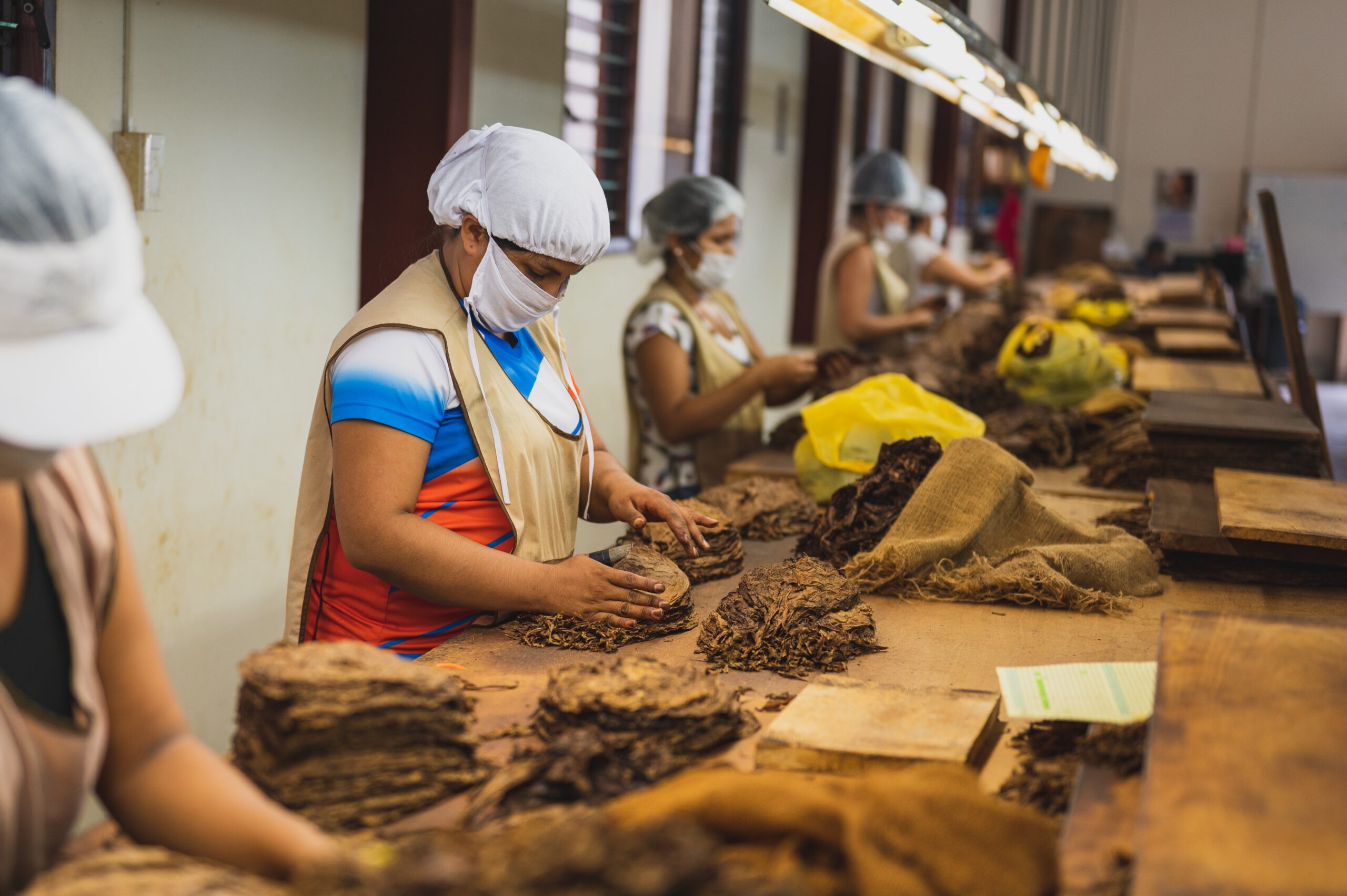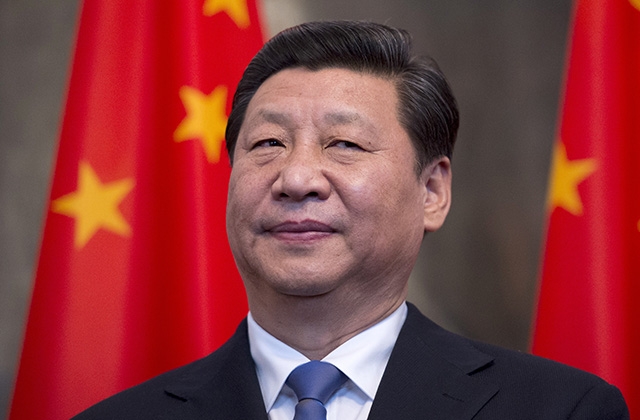Table of Contents
Introduction
The World Health Organization (WHO) has long been at the forefront of the battle against tobacco use and its harmful effects. In a recent statement, the WHO has called for a significant shift in agricultural practices, urging countries to stop tobacco farming and focus on growing food instead. This article delves into the reasons behind this call and explores the benefits of redirecting resources from tobacco cultivation to food production.
The Harmful Effects of Tobacco Farming
Tobacco farming poses several detrimental effects, both on human health and the environment. Firstly, the health hazards associated with tobacco farming are extensive. Workers in tobacco fields are exposed to nicotine and toxic pesticides, which can have severe health consequences. Prolonged exposure to these chemicals increases the risk of respiratory problems, skin conditions, and even cancer.
Moreover, the environmental impact of tobacco farming cannot be ignored. Large-scale tobacco cultivation requires substantial amounts of water, contributing to water scarcity in many regions. Additionally, the intensive use of chemical fertilizers and pesticides contaminates the soil and water sources, posing a threat to ecosystems and biodiversity.
The Importance of Food Production
Shifting the focus from tobacco farming to food production carries numerous advantages. Firstly, it helps enhance food security, especially in developing countries. By utilizing the land and resources currently allocated to tobacco cultivation, countries can increase their agricultural output, leading to a more sustainable and resilient food system.
Furthermore, growing food crops instead of tobacco offers economic benefits. Food production creates employment opportunities, stimulates local economies, and reduces reliance on imported goods. It can also promote rural development and poverty alleviation by providing farmers with a diversified source of income.
WHO’s Call to Stop Tobacco Farming
Recognizing the urgent need to address the issues surrounding tobacco farming, the WHO is actively advocating for change. The organization encourages countries to promote alternative crops that are healthier, economically viable, and environmentally sustainable. By supporting farmers in transitioning away from tobacco, the WHO aims to create a positive and lasting impact on both individuals and communities.
Successful Examples of Tobacco-to-Food Conversion
Several countries have already made significant progress in transitioning from tobacco farming to food production. For instance, Zimbabwe, once a major tobacco exporter, has successfully diversified its agricultural sector, focusing on crops such as maize and soybeans. This transition has not only improved food security but has also contributed to the country’s economic growth.
Challenges and Solutions
While the shift from tobacco farming to food production is desirable, it is not without challenges. Economic considerations often hinder this transition, as tobacco can be a lucrative cash crop for farmers. To address this issue, governments should provide incentives, financial support, and technical assistance to farmers willing to switch to alternative crops.
Government support and policies play a crucial role in facilitating this transition. By implementing regulations that restrict tobacco farming and provide subsidies for food crop cultivation, governments can create an enabling environment for farmers to embrace change.
Training and education are also essential components of successful transition programs. Farmers need access to knowledge and skills to effectively cultivate and market alternative crops. Collaborations between governments, agricultural institutions, and international organizations can help deliver training programs that empower farmers to make informed choices.
The Role of Individuals and Communities
In addition to government efforts, individuals and communities have a crucial role to play in promoting the shift from tobacco farming to food production. Advocacy and awareness campaigns can educate the public about the harmful effects of tobacco and the benefits of growing food crops. By supporting local farmers who are transitioning, consumers can contribute to a sustainable food system and healthier communities.
Sustainable farming practices, such as organic farming and agroecology, are integral to the successful transformation from tobacco to food crops. These practices prioritize soil health, biodiversity, and resource conservation, ensuring long-term sustainability and resilience in agriculture.
Conclusion
The WHO’s call to stop tobacco farming and prioritize food production is a vital step towards a healthier and more sustainable future. By redirecting resources from tobacco cultivation, countries can improve food security, protect the environment, and boost local economies. Governments, individuals, and communities must work together to support farmers in this transition, fostering a world where food takes precedence over tobacco.
FAQs
- Why is tobacco farming harmful?
- Tobacco farming poses health risks to workers and has a negative impact on the environment due to pesticide use and water consumption.
- How does growing food instead of tobacco benefit communities?
- Growing food crops improves food security, creates jobs, stimulates local economies, and reduces reliance on imported goods.
- What is the WHO’s role in promoting the shift from tobacco to food production?
- The WHO advocates for alternative crops, supports farmers in transitioning, and raises awareness about the harmful effects of tobacco farming.
- Are there successful examples of countries transitioning from tobacco to food crops?
- Yes, countries like Zimbabwe have successfully diversified their agricultural sector, resulting in improved food security and economic growth.
- What can individuals do to support the transition from tobacco farming to food production?
- Individuals can contribute by advocating for change, supporting local farmers, and promoting sustainable farming practices.




